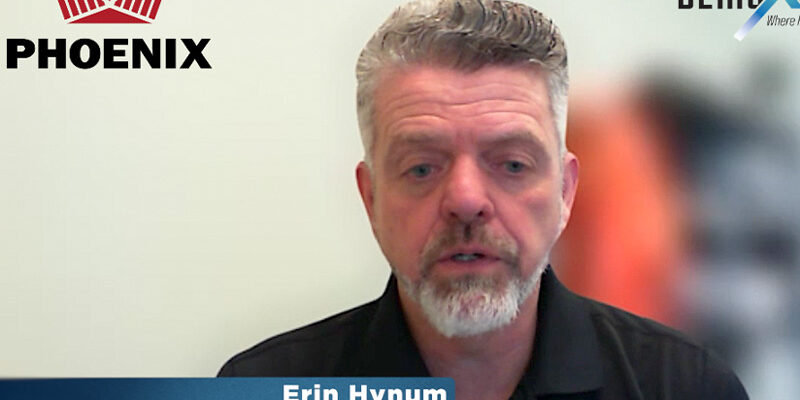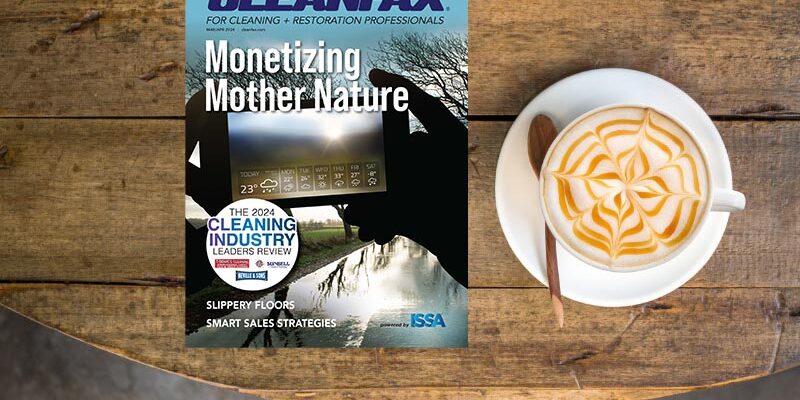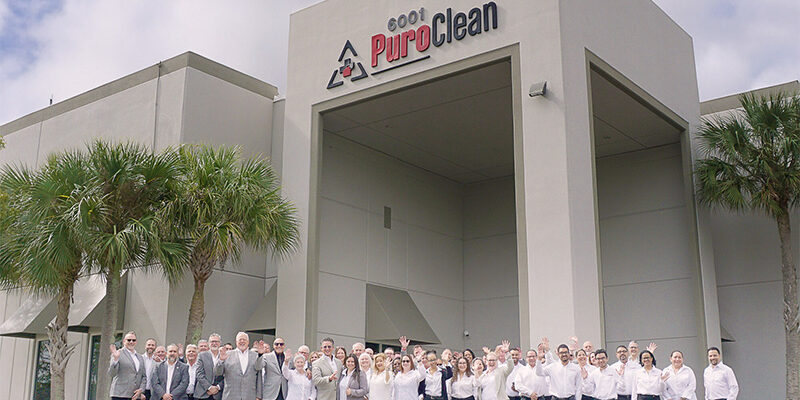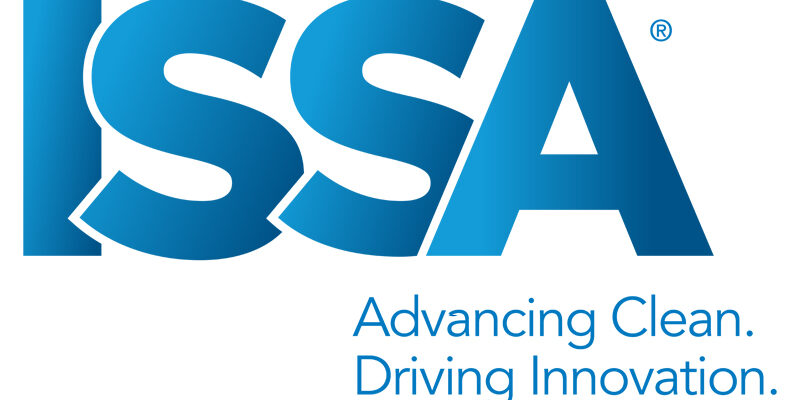EPA Finalizes Rule on PFAS Reporting
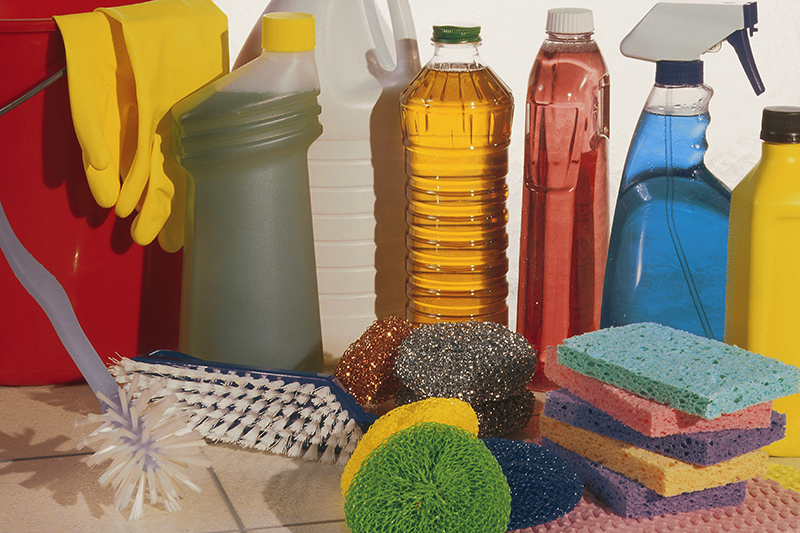
The U.S. Environmental Protection Agency (EPA) has finalized a rule that will provide the agency, its partners, and the public with the largest-ever dataset of per- and polyfluoroalkyl substances (PFAS) manufactured and used in the United States.
According to a press release, the reporting rule under the Toxic Substances Control Act (TSCA) is a statutory requirement under the FY2020 National Defense Authorization Act (NDAA) that requires all manufacturers (including importers) of PFAS and PFAS-containing articles in any year since 2011 to report information related to chemical identity, uses, volumes made and processed, byproducts, environmental and health effects, worker exposure, and disposal to EPA.
“The data we’ll receive from this rule will be a game-changer in advancing our ability to understand and effectively protect people from PFAS,” said Office of Chemical Safety and Pollution Prevention Assistant Administrator Michal Freedhoff. “Today we take another important step under EPA’s PFAS Strategic Roadmap to deliver on President Biden’s clear direction to finally address this legacy pollution endangering people across America.”
View the complete rule on EPA’s website.


